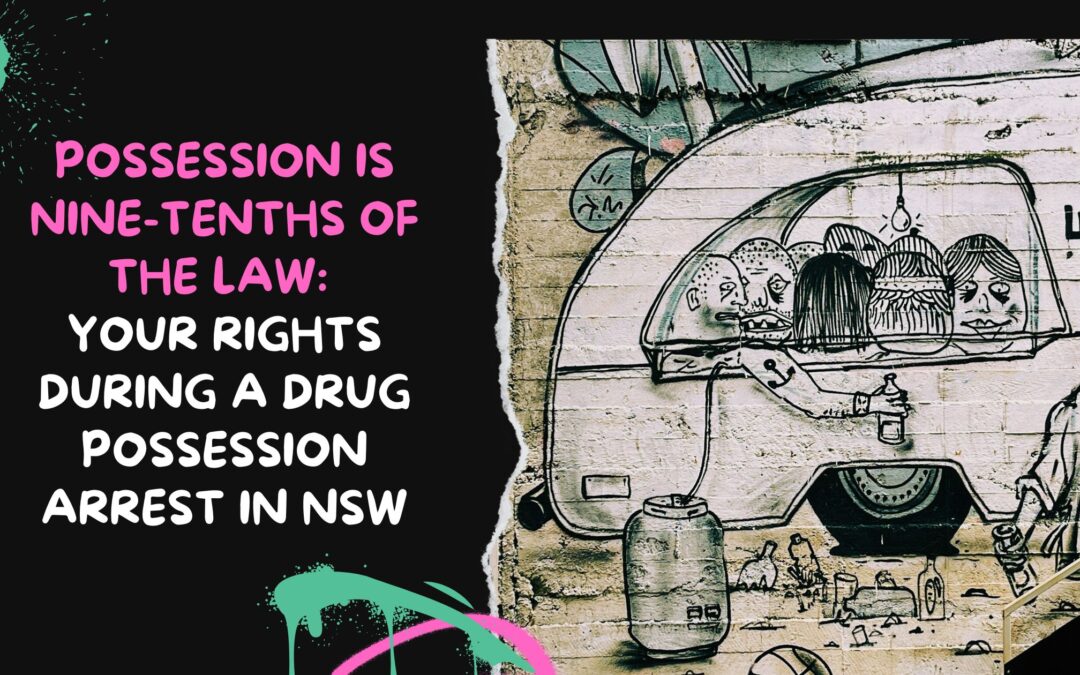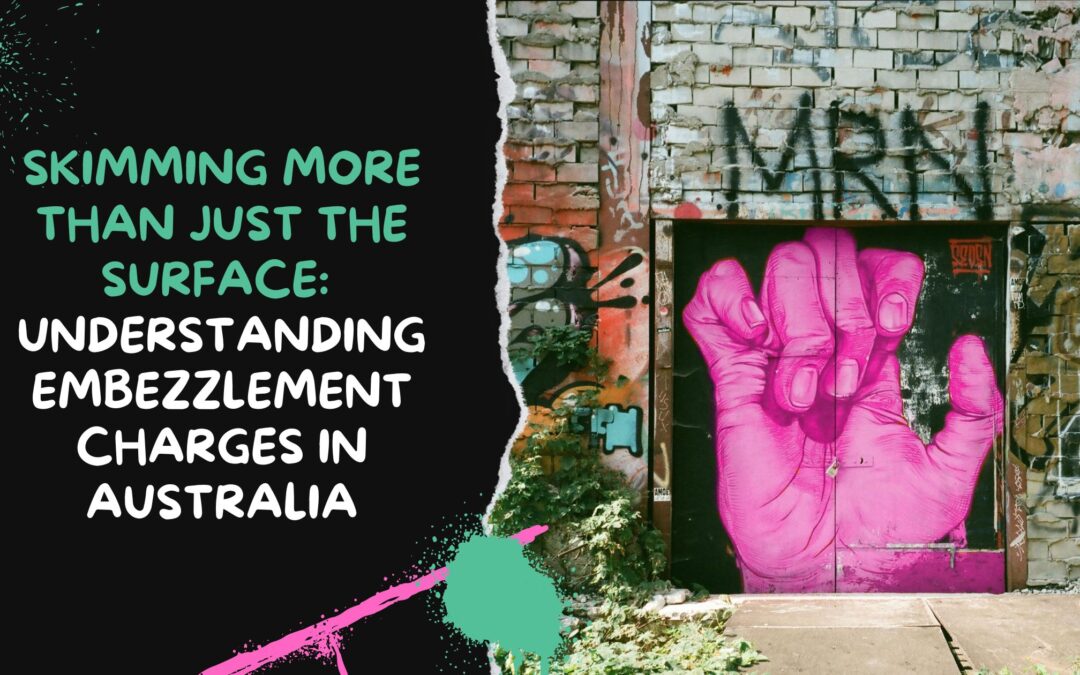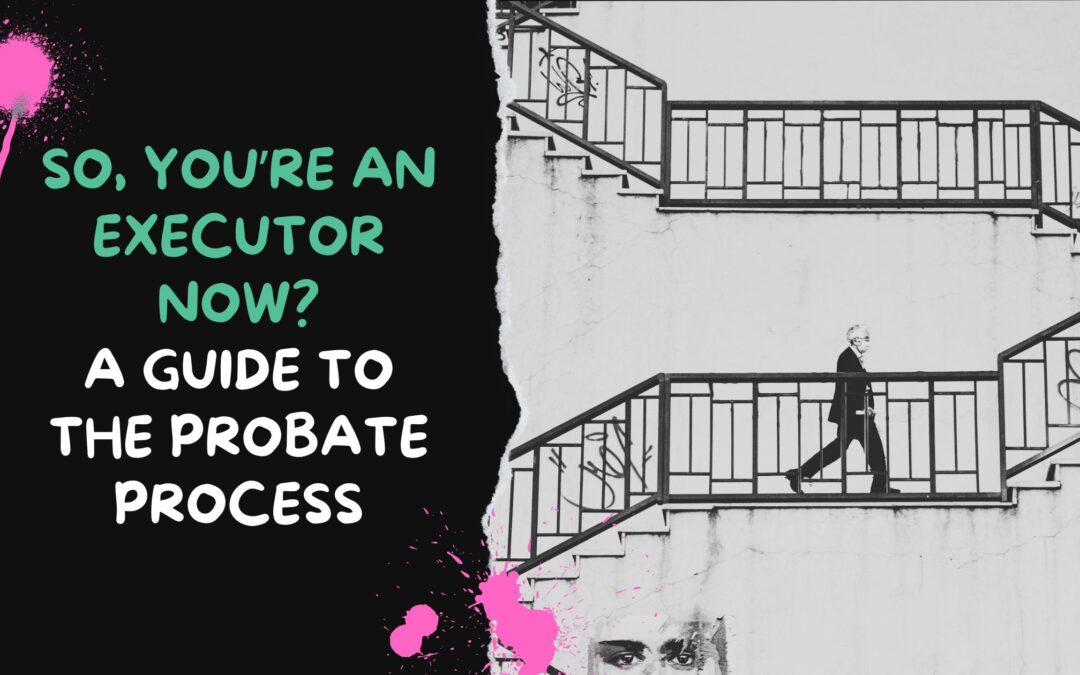Over the past few weeks, we’ve had some negative feedback from some of our posts about our results. Understandably, some people were not impressed with what seems to be us gloating about keeping “drug dealers” or “scum” out of prison, so we thought we’d write this for the haters, to set the record straight and explain why we’re proud of what we do.
Firstly, what was overlooked about these results is that they were typically guilty pleas, meaning neither of nor the client was lying or otherwise escaping from what they had done.
Secondly, to answer the question – no, we do not act for “snitches”, have never facilitated “dogging”, and never will.
What is ‘a subjective case’?
One of the most important elements of successful sentencing is the preparation of a strong subjective case to address. A subjective case is essentially telling our client’s story, their background, and explaining the personal circumstances relevant to their offending. Preparing a case in this way allows the Court to be completely informed of our client’s family history and childhood circumstances, previous and current employment, circumstances around the time of offending and any subsequent steps taken by the client to address the circumstances of the offence, rehabilitate themselves and satisfy the Court that they will not re-offend.
We get these results because we go the extra mile: we dig deep into a client’s past, from birth; address their upbringing, their relationships, and any traumatic events in their lives; assess their medical history; have them assessed psychologically; and make them act in accordance with the recommendations of psychologists, as well as undertaking Court-endorsed and other programs and courses to address their behavior. We also make them address the Court directly, where appropriate, through a letter written by them, affidavit evidence, and sometimes, even giving evidence in the witness box. All of this work is done after negotiating amended charges and amended agreed facts with Police to obtain the most favourable case possible to meet in Court.
All these elements are persuasive evidentiary points relevant to the purposes of sentencing under s3A of the Crimes (Sentencing Procedure) Act 1999 and the identification of aggravating and mitigating factors under s21A of the Crimes (Sentencing Procedure) Act 1999. Addressing them thoroughly allows us to receive the most appropriate sentence for our client relative to their moral culpability, by illustrating how or why they are different to actual “drug dealers” other varieties of “scum”.
All of this work is done over and above the bare minimum, i.e. developing legal or precedential arguments alone, or undertaking “purely legal work”. This can disadvantage the client as, under s24 of the Crimes (Sentencing Procedure) Act 1999, the Court must take into account the subjective and individual circumstances around the offending in the determination of a Sentence. Without presenting any subjective evidence, the Court has nothing to take into account in the client’s favour. For a client, investing time and money into us doing this “non-legal work”, and for payment of such reports and courses and so on, that can mean all the difference between going to prison or keeping their freedom.
Some Real Life Examples
In one case, the Court was able to see that, although our client was charged with deemed supply of around 2.5 ounces of cocaine and facing serious jail time, imprisonment was inappropriate. The psychologist report detailed our client’s horrific upbringing in a war-torn country, early exposure to extreme violence, family history of political persecution and their enduring traumatic effects on our client. The report further explained that while living in Australia, to manage the persistent psychological pain, our client began using cocaine as a ‘coping mechanism’ or ‘self-medication’ and only ever dealt cocaine to friends, as the drug was obtained for personal use, not profit. At sentence, the Court took all these subjective circumstances into account and handed down a sentence without any jail time and without psychological conditions, as relative to our client’s moral culpability.
In another case, the Court was able to see that, although our client was caught drug driving immediately after consuming an illicit substance, due to the circumstances leading up to the offence, a s10 (dismissal of charges and conditional discharge of the offender) was the most appropriate sentence. The report prepared for this client detailed the tragic loss of two close friends immediately before the offence in question, and explained that the client had taken to drug use in an effort to happily talk about and honour his deceased friends at an event celebrating their lives without spiraling into depression and despair. The report contextualized this event within a greater context of the client’s mental health history, previous relationships and self-destructive behaviour and provided a recommendation of psychological treatment which we utilised to successfully argue for a s10 dismissal.
To wrap it up, we pride ourselves on our ability to prepare a persuasive and personable subjective case which helps us get the results our clients are after and the results they truly deserve. If you are interested in using our services for this matter, please click on the following link and get in contact https://greenandassociates.com.au/contact/
For more information see: http://classic.austlii.edu.au/au/legis/nsw/consol_act/cpa1999278/




